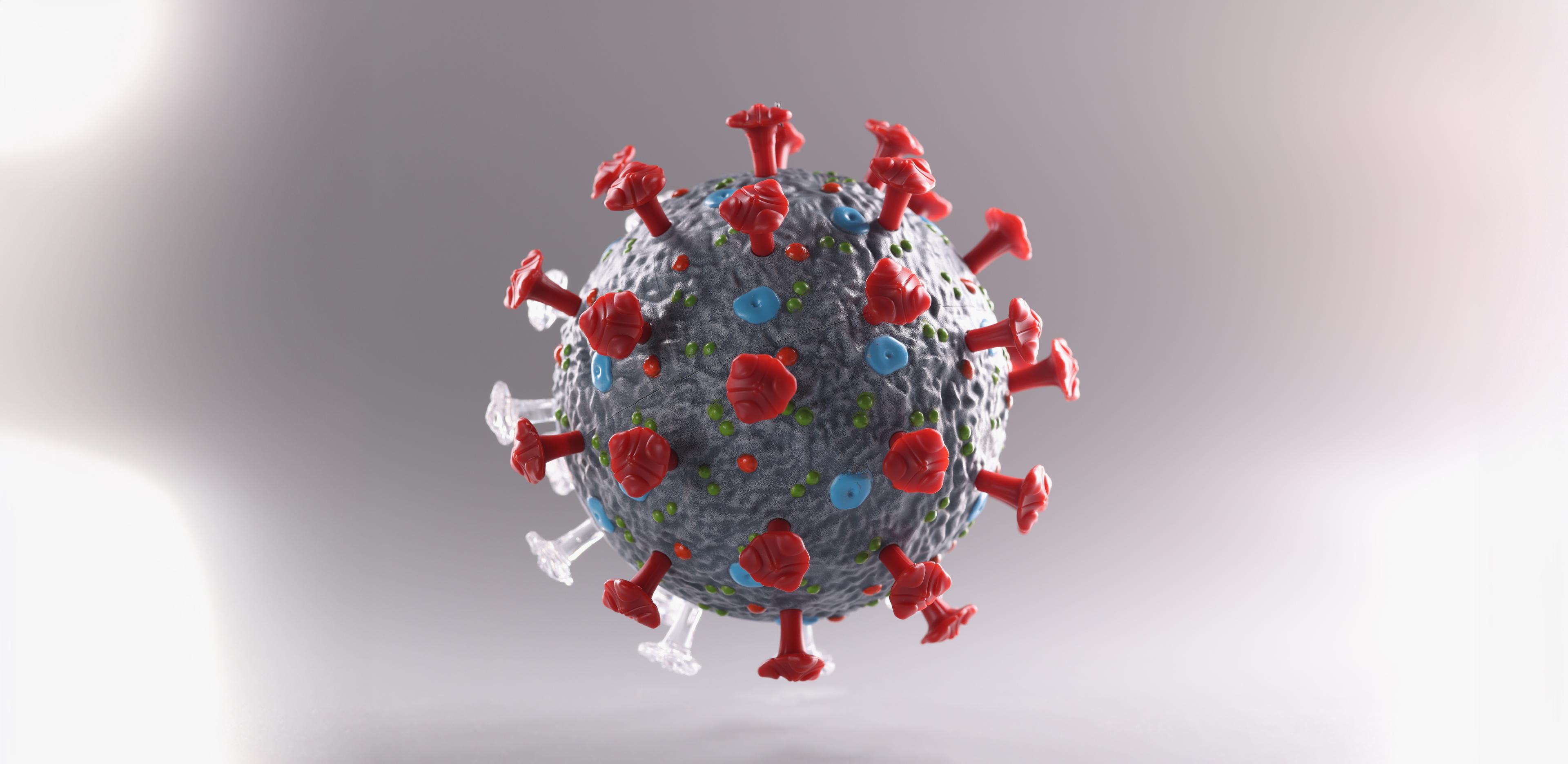Five Years After the Outbreak: The Ongoing Impact of COVID-19
5 year on: How the COVID-19 pandemic changed the world
As we mark the fifth anniversary of the global outbreak of the COVID-19 pandemic, the world reflects on the profound effects the virus has had on health, society, and the economy. Since the first cases were detected in December 2019, the world has faced unprecedented challenges. But, in the face of adversity, significant advancements have also been made in understanding the virus, combating its spread, and reducing its impact on populations worldwide.

Origin of the Virus: A Global Mystery
The origins of the COVID-19 virus remain a topic of debate and investigation. Early reports indicated that the virus was traced to a seafood market in Wuhan, China, where live wild animals were also sold. However, there is ongoing scientific inquiry into whether the virus may have originated elsewhere or even accidentally leaked from a laboratory.
The virus itself is caused by the SARS-CoV-2 virus, a novel corona virus related to SARS-CoV, which caused the 2002-2003 SARS outbreak. The virus spread quickly, likely through droplets and aerosols from infected individuals, sparking the global pandemic. Initial outbreaks were concentrated in Asia, but it rapidly spread worldwide, leaving countries scrambling to contain the virus.
The Global Death Toll: A Tragic Legacy
As of early 2025, the death toll from COVID-19 stands at over 7 million globally, though the true toll may be much higher with some estimating it to be up to 3 times higher than the given statistic, even topping 20 million deaths, due to underreporting or misclassification of deaths. The pandemic devastated communities worldwide, with some countries, especially those in Europe and the Americas, experiencing severe mortality rates. Health systems were overwhelmed, and essential services struggled to keep up with the unprecedented surge in cases.
The pandemic exacerbated existing health inequalities, with marginalized communities often bearing the brunt of the virus’s effects. Elderly populations, particularly those living in nursing homes or crowded conditions, faced a disproportionately high risk of death. Meanwhile, frontline healthcare workers were hailed as heroes but suffered immense psychological and physical strain as they battled the virus.
Variants: A Continuing Threat
Throughout the pandemic, COVID-19 underwent several mutations, leading to the emergence of new variants. Some of these variants, such as Delta and Omicron, were more transmissible and, in some cases, more resistant to existing vaccines. The emergence of these variants sparked waves of renewed concern and necessitated ongoing adjustments to public health responses.
As of 2025, the virus continues to evolve, though vaccines and treatments have helped mitigate its effects. Researchers remain vigilant, monitoring new variants that could pose future threats.
Advancements in Treatment and Vaccination
The race to develop effective treatments and vaccines was one of the defining features of the early pandemic. By early 2021, multiple COVID-19 vaccines, including mRNA vaccines like Pfizer-BioNTech and Moderna, were authorized for emergency use in many countries. These vaccines demonstrated high efficacy in preventing severe disease and death, though their effectiveness against mild infections and variants such as Omicron was lower.
Since then, vaccine production has expanded globally, and booster shots have become standard practice in many countries to maintain immunity. Vaccination rates vary widely around the world, with some countries reaching high levels of immunization while others struggle due to supply issues or vaccine hesitancy.
In addition to vaccines, medical advancements in treatment options have improved the outlook for COVID-19 patients. Antiviral drugs, such as Paxlovid, have been authorized to reduce the severity of illness in high-risk patients. Hospitals and doctors have also refined their management of the virus, improving outcomes for those hospitalized with severe symptoms. Research into long COVID, a condition that continues to affect many individuals after recovery from the virus, is ongoing.
Public Health and Societal Changes
The pandemic has led to lasting changes in how societies function. The widespread use of masks, social distancing, and quarantines became the norm for a time, though most countries have since relaxed or phased out these measures. However, the experience of the pandemic has left a permanent mark on global health systems, which have been under constant strain for five years.
The global response to COVID-19 also highlighted the importance of public health infrastructure and the need for better preparedness for future pandemics. Many countries have begun investing more in healthcare and disease surveillance to prevent another outbreak of this magnitude. The World Health Organization (WHO) and other global bodies have called for better coordination and quicker action when future health threats emerge.
Additionally, the pandemic accelerated the adoption of remote work, e-commerce, and telehealth services. People have become more accustomed to virtual communication, and hybrid models of work and learning are likely to remain in place in many sectors.
Looking Forward: The End of the Pandemic?
While the worst of the pandemic may be behind us, the future remains uncertain. COVID-19 is expected to become endemic in many regions, meaning it may continue to circulate in the population like the flu, potentially causing periodic outbreaks. Ongoing research into vaccines, treatments, and public health measures will remain crucial in managing the virus and preventing future waves.
Countries are also focusing on tackling the social and economic impacts of the pandemic, which have left lasting scars. Mental health issues have surged globally, with many individuals experiencing anxiety, depression, and post-traumatic stress due to the uncertainty and loss caused by the pandemic.
The emergence of new variants and the unpredictability of viral evolution means that the battle against COVID-19 is far from over. However, advancements in medical science, increased immunity levels, and lessons learned from the past five years provide hope for the future.
As the world continues to recover, the COVID-19 pandemic will serve as a stark reminder of the vulnerabilities that connect us all. But it also highlights the resilience of humanity in overcoming one of the most challenging global crises in modern history.